Recycling is a great way to help the sustainability of our planet. But when there’s different numbers, confusing rules, and jargon flying around, it can make it hard to keep up.
By collecting materials for recycling that would otherwise go to landfill, we can make a difference to the health of our environment. To help kids learn what they can recycle, we’ve teamed up with Glad® to provide some tips and games to help get everything sorted.
Because it’s easy to forget what is and isn’t recyclable, we recommend popping up a “cheat sheet” of what your household usually uses that can be recycled, either on the family noticeboard, attached to the fridge or above the recycle bin.
Plastic
Most plastics in New Zealand that are recyclable will have a triangle symbol with a number inside (usually located on the bottom of the item). Each number indicates a different type of plastic.
Some plastics are easier to recycle than others and the collection of recycling varies between countries and even councils, depending on what they can process. Check with your local council to confirm which numbers are recyclable. Including the numbers on your recycling cheat sheet is a handy way for the whole family to remember which they can recycle.
Plastics for recycling should be empty and rinsed. Your local council will be able to advise whether lids should be kept on or removed and if plastics should be squashed or not.
Here is a quick guide for each type of plastic:
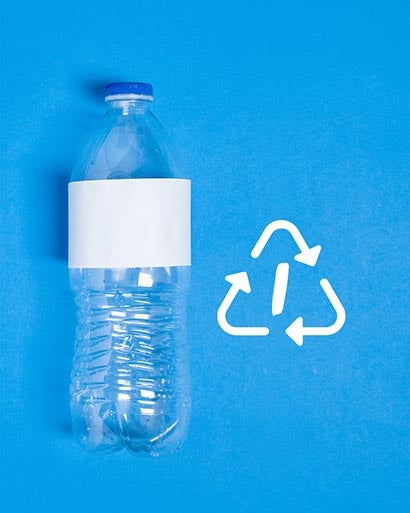
Plastic #1 (PET)
Found in: drink bottles, food containers, food trays
Recyclability: Curbside recyclable
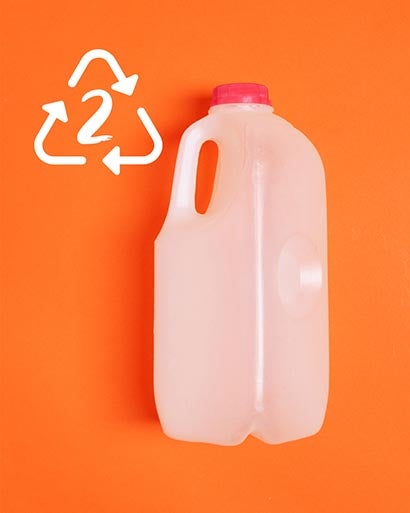
Plastic #2 (HDPE)
Found in: milk bottles, food containers
Recyclability: Curbside recyclable
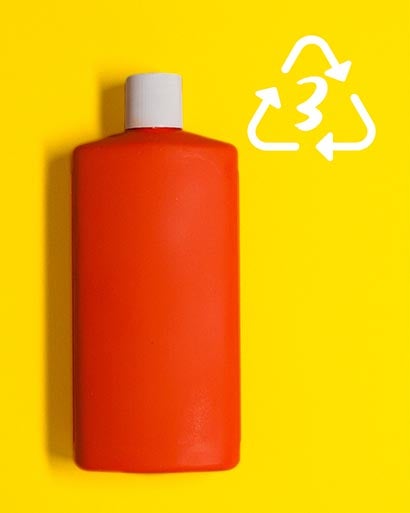
Plastic #3 (PVC)
Found in: Shampoo bottles, plumbing pipes, packaging wraps/bags
Recyclability: Check with your local council
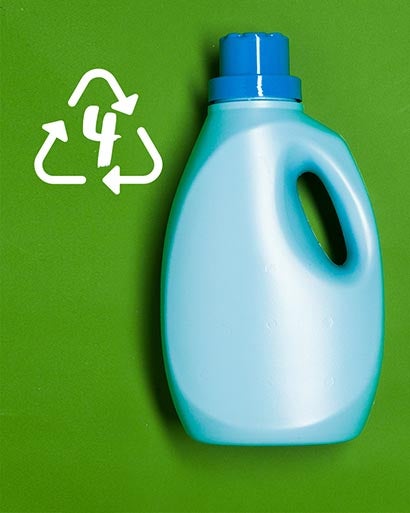
Plastic #4 (LDPE)
Found in: Squeezable bottles, film and stretch wrap
Recyclability: Check with your local council
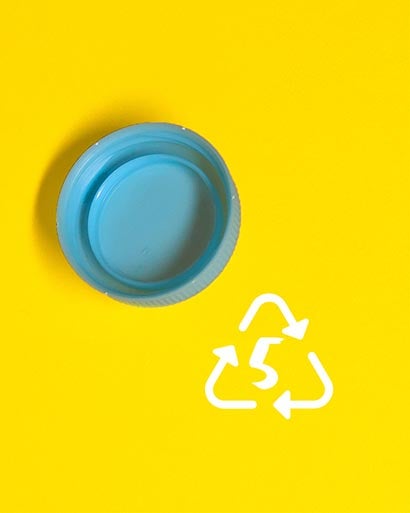
Plastic #5 (PP)
Found in: Sauce bottles, medicine bottles, takeaway containers, food containers
Recyclability: Check with your local council
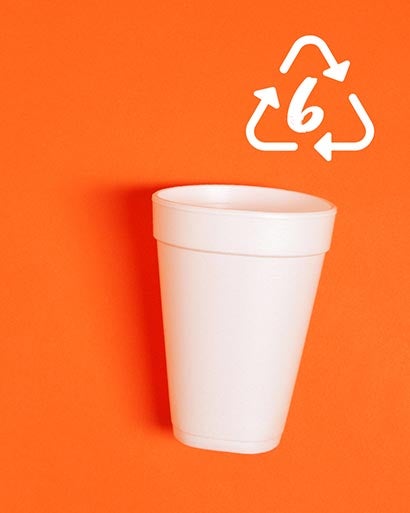
Plastic #6 (PS or EPS)
Found in: Disposable plates, cups, food containers, toys – #6 polystyrene (PS) or styrofoam cups, food trays – #6 EPS (expanded polystyrene)
Recyclability: Check with your local council
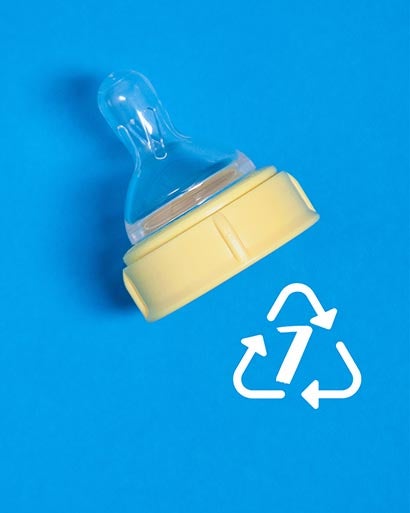
Plastic #7 (Composite)
Found in: Milk/fruit juice cartons, oven bags
Recyclability: Check with your local council
Paper and cardboard
Paper products come in many different variations – and most of them are recyclable. Cardboard boxes and tubes, newspapers, magazines, egg cartons, office paper and envelopes, junk mail, toilet paper rolls, and books are just some of the items that can be recycled. Always check with your local council for what they can and can’t accept. Some councils will even recycle pizza boxes if they are clean enough!
Make sure the paper is clean and dry. Usually waxy or plastic covering on paper is not recyclable. Small pieces of paper (smaller than say, a credit card) and dirty paper (ie tissues) can not be recycled. Large boxes should be flattened down for collection.
Add what your household usually uses to your recycling cheat sheet for easy reference.
Glass
Nearly all the glass jars and bottles that we buy at the supermarket are recyclable! Check with your local council around any rules for sorting glass for recycling. Remember to clean the jars or bottles before putting them out for recycling and check with your local council for any rules regarding sorting colours or removing lids.
Glass from other sources, ie windows, electronics, etc, are not usually recyclable.
Tins and cans
Both aluminium and tin can be recycled. This includes drink cans and food tins. They should be cleaned out before recycling. Check with your local council to find out if items should be squashed or not.
Get the kids involved with a recycling game
The responsibility can be shared by the whole family, encouraging children to carry on those habits as they grow older. To help get the kids involved, there are ways to make it more fun. Try a recycle challenge to see if the kids can remember what is recyclable and what’s not. Or give them the task of sorting the recycling for a sticker on their chore chart.
Written by Kidspot NZ with information provided by Glad®
What are your tips for making recycling easier?
See more:

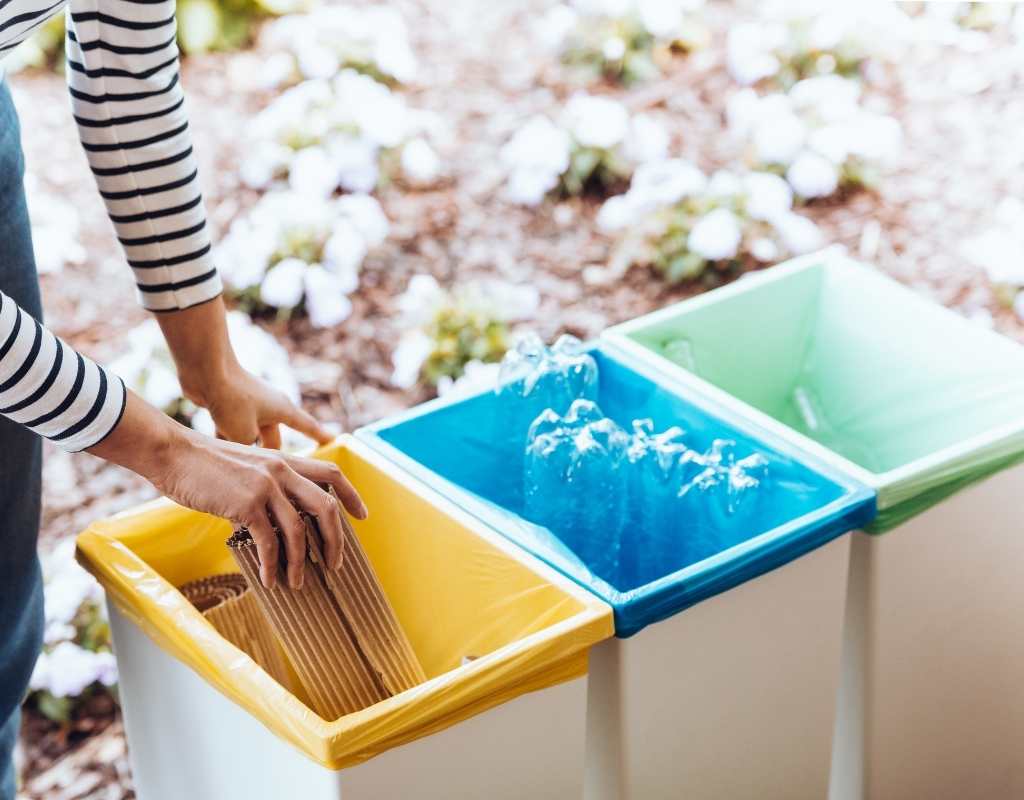
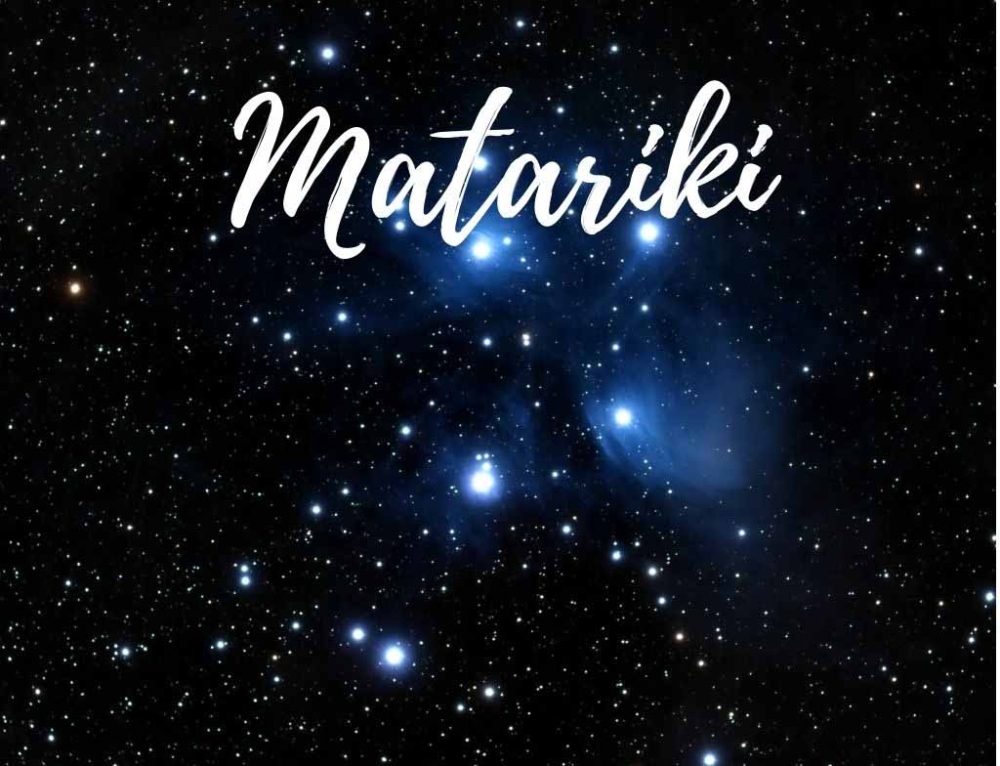
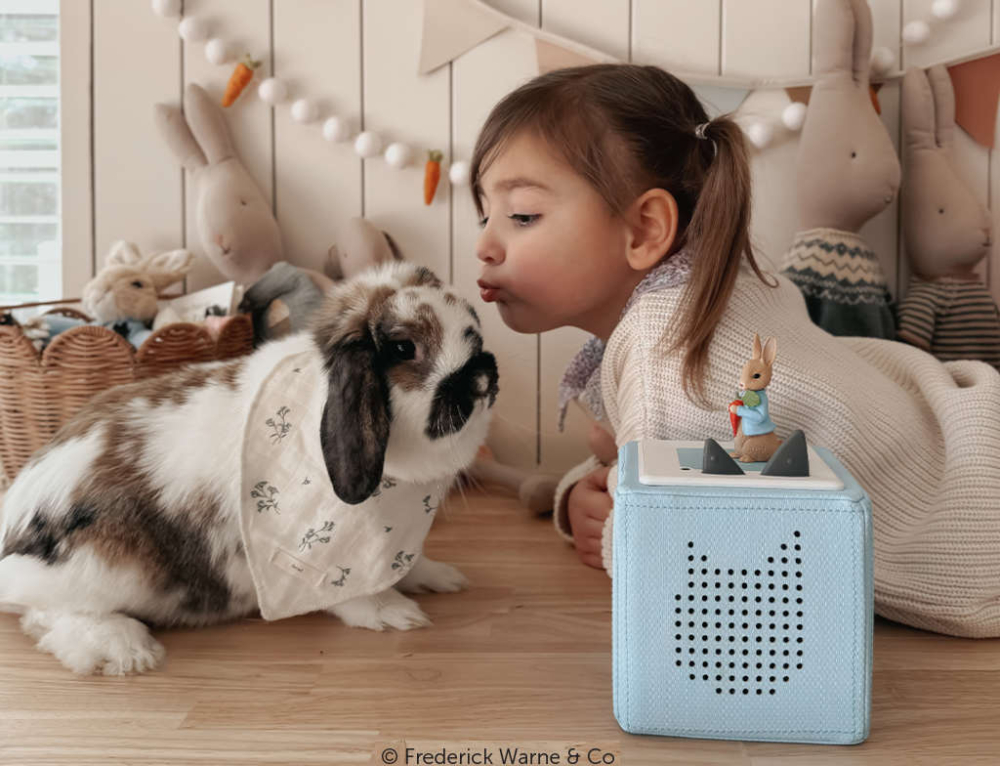
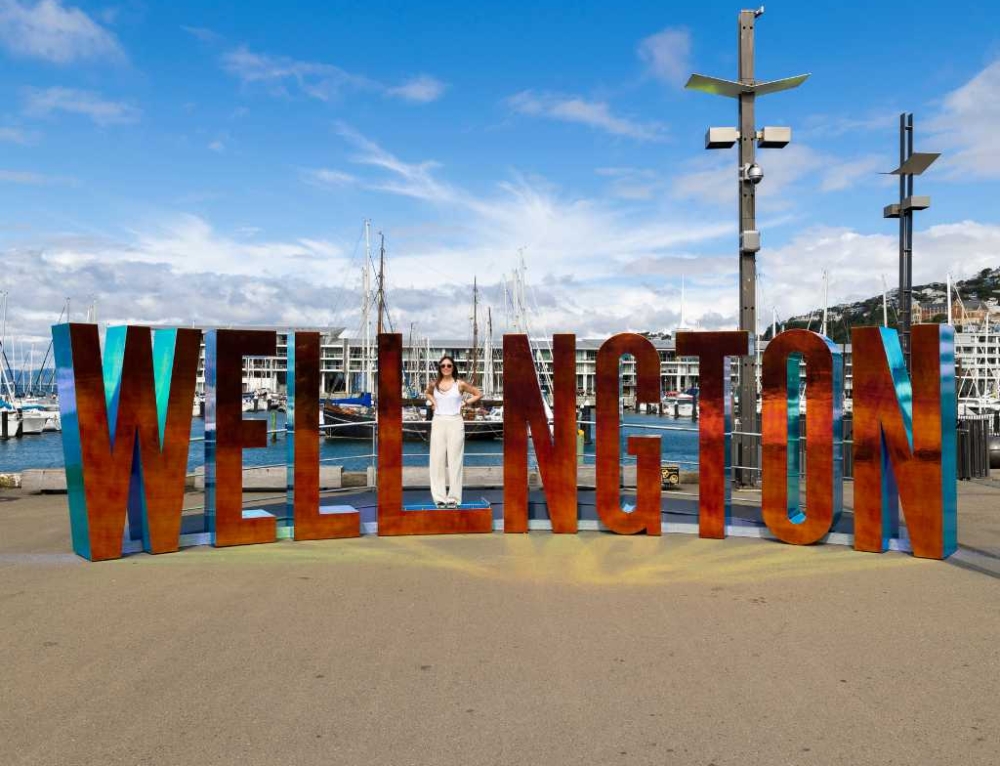

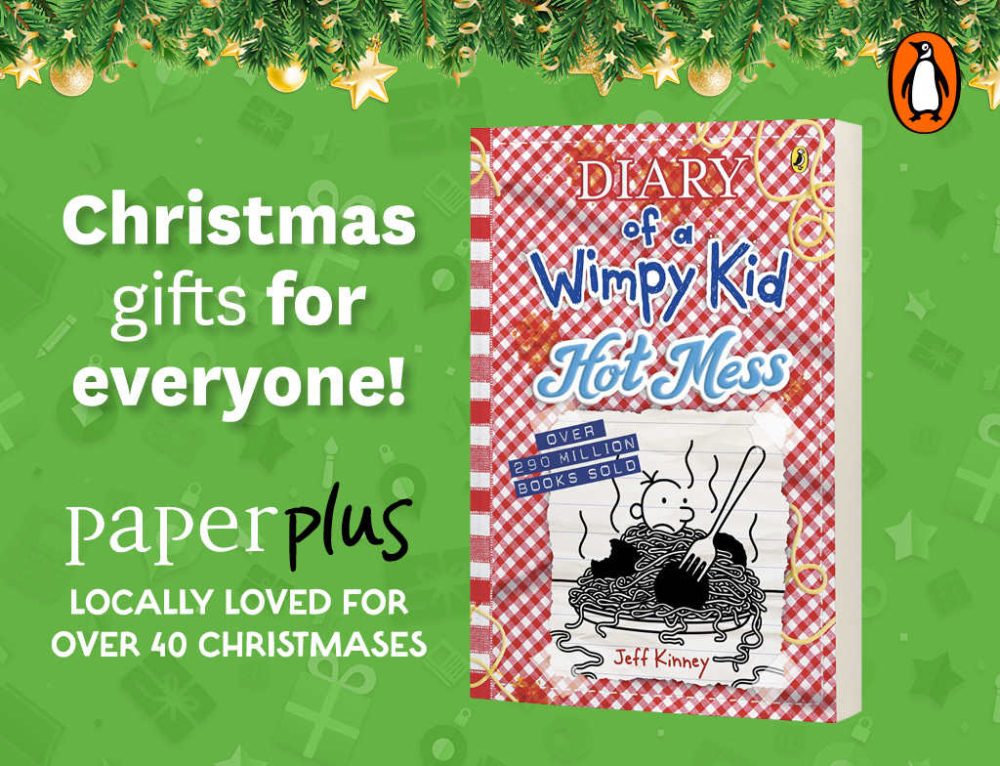
Leave A Comment
You must be logged in to post a comment.